Law professor Eric Goldman has come out with an attack on the recent work of anti-spyware superstar Ben Edelman, comparing his work to the McCarythism and the puritan witchhunts.
So here’s what happened:
In a recent writeup, Ben questioned Claria’s practice of buying advertising on networks that ultimately end up as pop-ups in spyware installs. He gave two primary examples:
1. Claria purchased advertising through Zedo.com, which through a lengthy chain of other third party networks, ultimately ended up as a Claria advertisement popped-up after an install of ContextPlus adware (which, incidentally, was installed without Ben’s consent).
2. An advertisement by Amazon.com placed through Claria’s new BehaviorLink advertising network was shown through a pop-up from adware KVM Media. (It got to the user through a Savings-Card.Com popup, which got the ad from BehaviourLink.)
Implicit and explicit questions raised by Ben’s article:
a) Should Claria be advertising its products through adware that was installed with no consent, even through a chain of intermediaries?
b) Should Claria’s BehaviorLink network provide advertising that ultimately gets shown to the user through adware that has a history of being installed with poor notice and consent?
Before you answer that question, consider this: You run a reputable company selling teddy bears. You get approached by an advertising network that offers to get you lots of advertising on the internet. They tell you they run ads through adware installs. Would you still run the ads with them? Or would you say “thanks, I’d rather just advertise on normal vehicles like CNN.com and yahoo.com”.
So have you answered that question? Most people would say “no”.
So Ben’s question is valid: If Claria is trumpeting a cleaned-up image, why is it advertising its own (and its clients products) on adware that may not have been installed in the most acceptable fashion?
Eric Goldman has a different take:
….That threat isn’t spyware; it is witchhunts where mere association, even if attenuated, equals guilt. We saw similar manias in the Seventeenth century witchhunts of Puritan New England, with the 1940s and 50s Red Scare of McCarthyism, and now with the latest round of zealotry, the anti-spyware crusade. I think each of us has the personal responsibility to vigilantly guard against the temptation of a taint-by-association mania and the resulting significant negative consequences it can produce for the falsely accused
…To be clear, I recognize that Claria, in theory, derives an economic benefit from the ad placed by Venus123.com and delivered via ContextPlus. But once again, SO WHAT? Everyone upstream from Claria derives the same economic benefit–its investors, its landlord, its Internet access providers, etc. Using this rationale, shouldn’t they be on the hook too?
…I would like to know: (a) the full universe of people who could be X (and does it include their vendors? customers? investors? employees?), and (b) is X’s responsibility based on the law (if so, which legal doctrines?), morality (if so, what moral doctrines?), blinding emotional outrage, or some other basis?
Ok, in the interest of fairness, it’s actually quite difficult to always control where your advertising ends up when you do a deal with a third party media network. You buy advertising “inventory” and they deliver you impressions/clicks/whatever. But even a large online advertiser like AskJeeves actually has a policy not to advertise through adware products. Does Claria? We don’t know the answer to that question (and anyone from Claria is welcome to post a comment clarifying that question).
So what is wrong with Ben questioning the fact that Claria is mixing it up with sleaze? Since Eric uses comparisions drawn from McCarthyism and burning witches at the stake, let’s draw another parallel: If you were trumpeting that you were cleaned-up, would you then advertise your products in a brothel? I would call that a moral judgment, not a legal issue. And Ben wasn’t questioning the legality. He was implicitly questioning Claria’s judgement.
The comment wars on Eric’s site have begun.
Alex Eckelberry
Update: I have removed the statement that Eric compared Ben’s work to the Holocaust. Eric’s original blog quoted Martin Niemoller’s famous (and powerful) words about the Holocaust as a metaphor of how each of us has a personal responsibility to stand up for the falsely accused, because ultimately in such situations there’s a risk that we’ll be the next ones falsely accused. Eric has since removed that reference from his blog.
Click here for related SunbeltBlog posts on Eric Goldman
Note: Since I realize that not all the people reading this blog actually follow how online advertising works, read this for a quick primer only if you need it: In the ad business, “inventory” means available advertising space. When you place advertisements online, you often buy them through what are called “third party media networks”. These third party networks maintain an inventory of popups and ads on the web. Examples of third-party advertising networks are Almondnet, 247RealMedia, Tribal Fusion, BurstMedia, Advertising.com, Zedo.com and ValueClick. If you were a website owner and wanted to make money, you sign up with a third party advertising network which then displays advertising on your site and they pay you for that privilige (you usually have little or no control over what ads are displayed). Claria recently started its own third party network, called BehaviorLink.



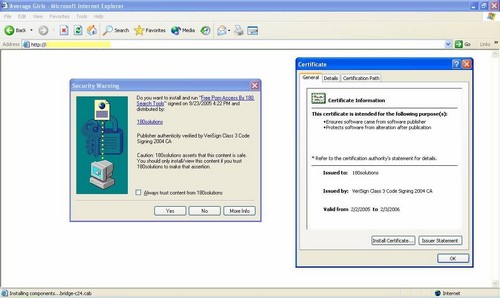
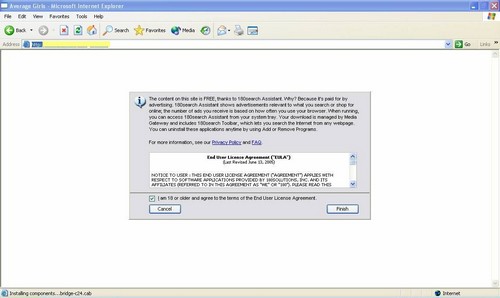




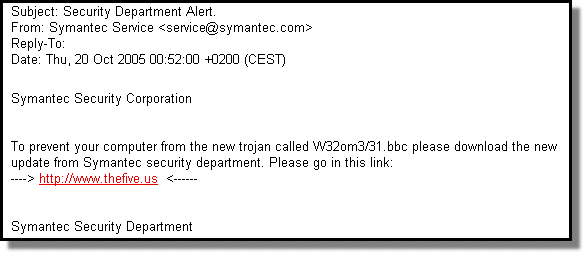
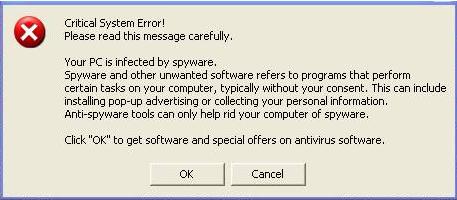
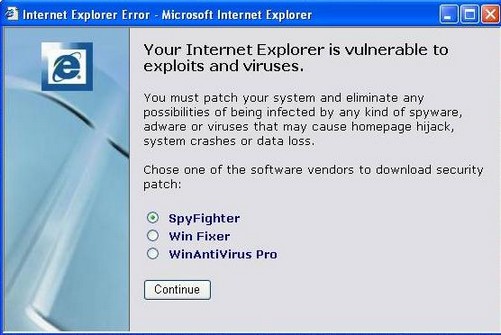
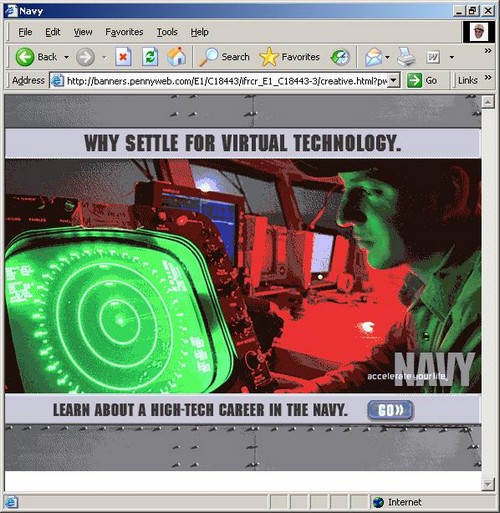
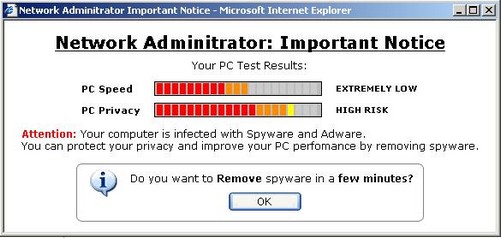
![Header_03[1]adf](http://sunbeltblog.eckelberry.com/wp-content/ihs/alex/header_03%5B1%5Dadf_20.jpg)




